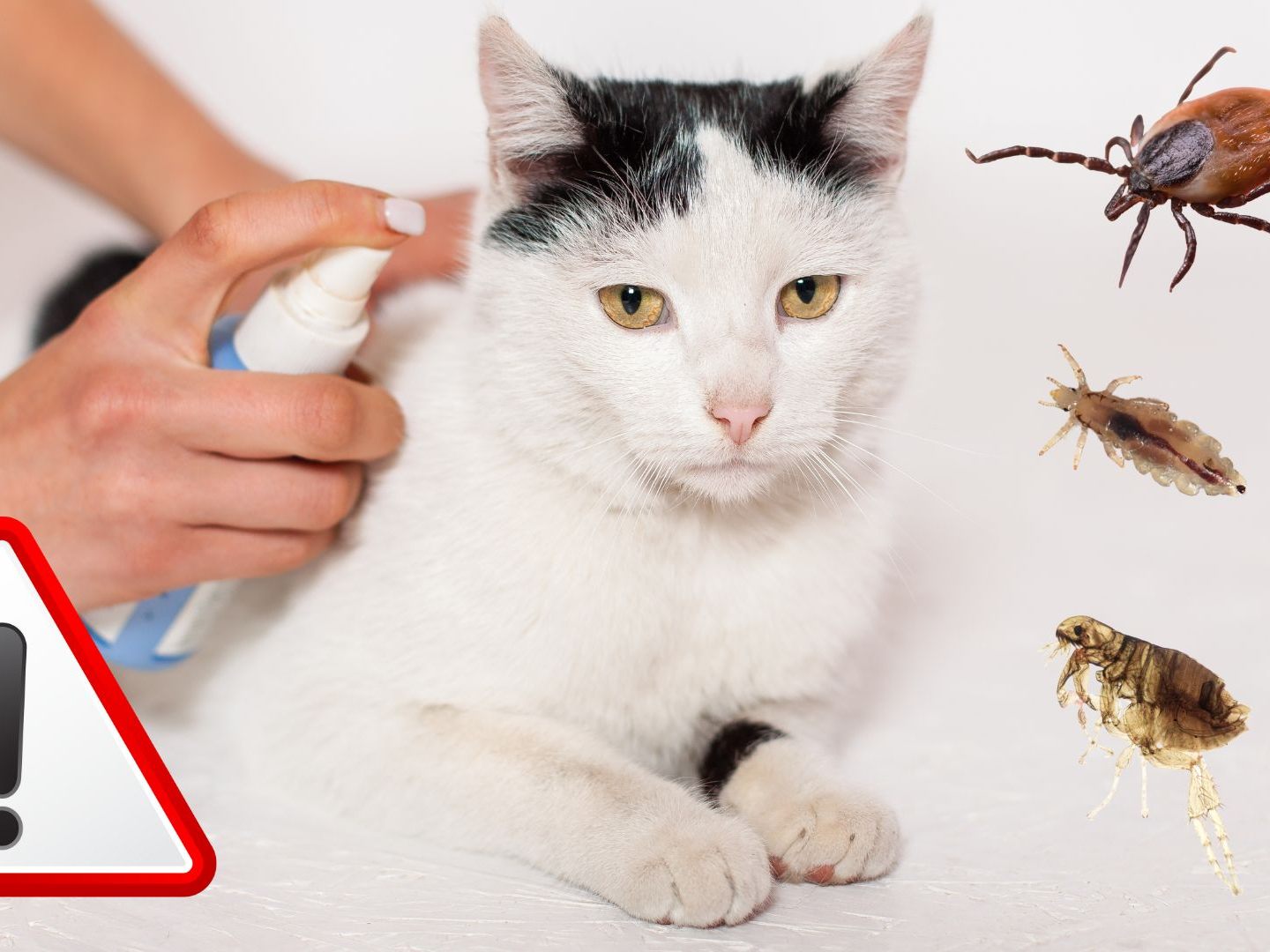Tick Protection for Pets Poses Environmental Risks

Especially in the summer months, parasites like ticks, fleas, lice, and others are very active due to high temperatures. This also causes them to crawl more frequently into the fur of various pets, such as dogs and cats, that like to spend a lot of time outdoors. Remedies against these unwelcome pet companions are popular - but their effects on other living beings and the environment are hardly researched and questionable, as researchers report in the journal "Veterinary Parasitology".
Pet Remedies Contaminated by Pesticides and Insecticides
The biting and stinging bloodsuckers are annoying for pets and owners alike, so a colorful array of chemical compounds is often used to provide relief or remedy, according to a release from the University of Veterinary Medicine (Vetmed) Vienna on Wednesday. However, there have been increasing reports in recent publications warning of unwanted side effects of such remedies, writes the team led by the study's first author, Anja Joachim from the Institute of Parasitology at Vetmed, in the publication.
Most of the medications and active ingredient combinations used contain compounds that are used as pesticides or insecticides in agriculture. Many of them are suspected of harming the health of humans and animals and decimating pollinating insects.
In many countries, including the EU, the use of Imidacloprid and Fipronil in the environment is now banned. However, in the UK, Imidacloprid, often referred to as a "bee killer" and originating from the group of neonicotinoids, can still be used in parasite remedies for pets. A recent study showed how dog hair, largely contaminated with Imidacloprid and Fipronil, used by birds for nest building, reduced their breeding success, according to the researchers in their work.
About Feces, Rain, and Baths into the Environment
Together with scientists from all over Europe, information has been gathered on combating so-called ectoparasites. The various chemical compounds can thus enter soils and waters through feces and urine as well as through bathing or rain-soaked pets. "Possible unwanted side effects include infertility or death of sensitive non-target organisms such as birds, fish, and insects, particularly pollinators," Joachim is quoted as saying.
Factors such as the potential accumulation of such substances in the environment or in various organisms should not be underestimated, says co-author Michael Leschnik from Vetmed. Ultimately, many questions about degradation, concentrations, and effects - including excipients in medications routinely used in veterinary medicine - remain open. Joachim: "First, we need reliable data on the release of pharmaceuticals from various sources into the environment and the share from use in small animals."
Call for More Environmentally Friendly Alternatives
Subsequently, reliable assessments based on scientific data on the benefits and harms that these treatments, often necessary from a veterinary perspective, bring are needed. Until then, measures should be taken to prevent the release of such potentially harmful compounds into the environment. Practicing veterinarians should also be involved here. Additionally, there is a need for advances towards "environmentally friendly alternatives for combating" parasites of various kinds.
(APA/Red)
This article has been automatically translated, read the original article here.





